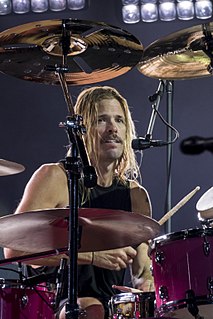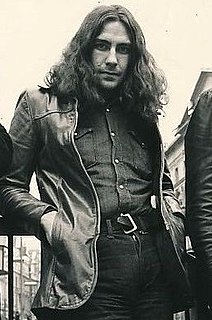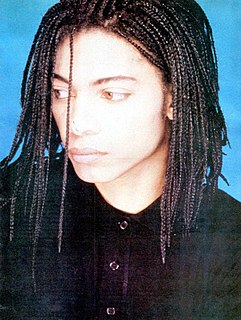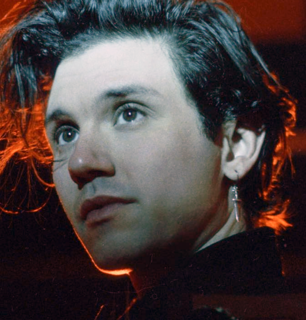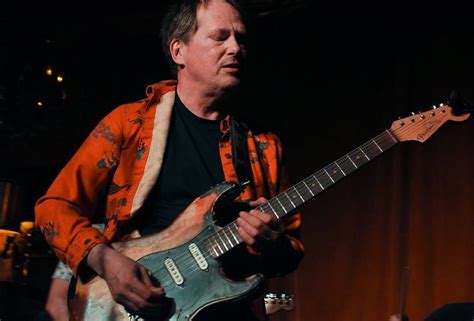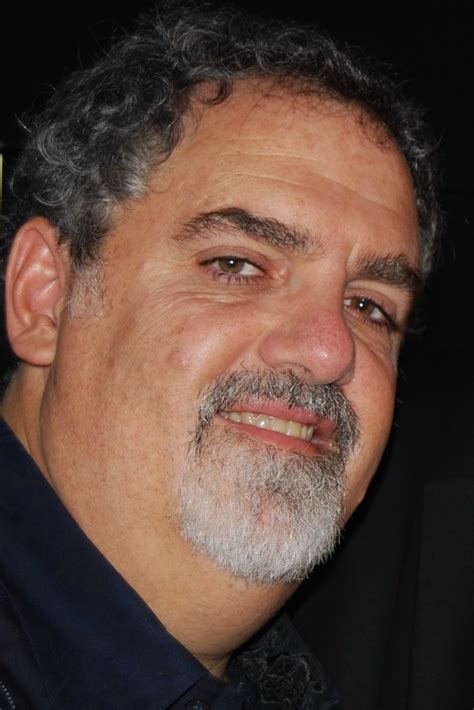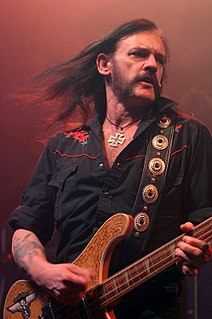A Quote by Taylor Hawkins
I think that debut albums are supposed to sound sort of raw. You don't want to record 'Sgt. Pepper's' as your first album, because where do you go from there?
Related Quotes
That one record changed everything for me. After Sgt. Pepper, it's the most influential record in the history of rock and roll. It affected Pink Floyd deeply, deeply, deeply. Philosophically, other albums may have been more important, like Lennon's first solo album. But sonically, the way the record's constructed, I think Music from Big Pink is fundamental to everything that happened after it.
Guy Picciotto had a really sound point: Live albums basically have bands playing songs that are available on studio records, and what example can you think of where the live album is better? What are the great live albums? I have live albums of bands, but I wouldn't listen to them for the most part. So we thought, instead of spending energy trying to puzzle out how to create a live record, let's just write another studio record.
What I was going for in the first two albums I didn't necessarily achieve. Because I was young and because it was my first time out. And the second album was such a 'quickie' sort of 'Let's just get it over with!' But the kind of music I make, there's a lot of subtlety in it. And I think it takes a couple of listens to actually really get it.
I think, when you're a young composer, you're told constantly that what you're supposed to do is figure out what your voice is. "What is your thing supposed to sound like?" You know: "What's the thing you do," that everyone can recognizably tell from a long distance is you and then you're supposed to be in search of that marker and you're supposed to find it and you're supposed to live there for the rest of your life. And it seemed to me, from a young age, that was what I was encouraged to do. You find a sound and that's your sound! That's what you do.
